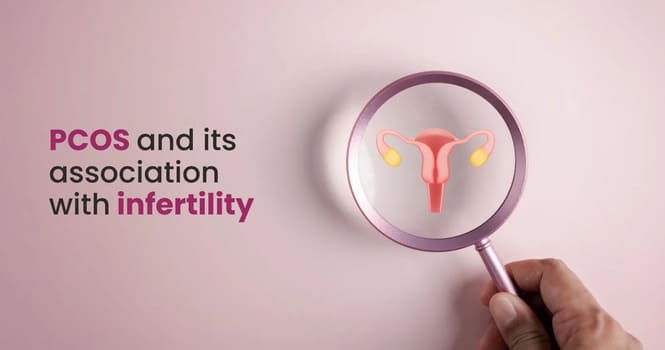By following the Dietary Guidelines, you’ll get sufficient of most of those vitamins from meals. The contents of this web site are for educational purposes and are not intended to offer personal medical advice. You should search the recommendation of your physician or different qualified well being supplier with any questions you might have concerning a medical situation. Never disregard skilled medical advice or delay in in search of it due to one thing you have learn on this web site.
The physique wants water-soluble vitamins in frequent, small doses. These vitamins are not as probably as fat-soluble vitamins to achieve toxic ranges. But niacin, vitamin B6, folate, choline, and vitamin C have higher consumption limits. Vitamin B6 at excessive levels over a long time frame has been proven to trigger irreversible nerve injury. In most Americans’ diets, sodium primarily comes from salt . But the Dietary Guidelines shows that many of the sodium we eat doesn’t come from our saltshakers — it’s added to many meals throughout processing or preparation. We all need some sodium, but an excessive quantity of over time can lead to hypertension, which can elevate your danger of getting a coronary heart attack or stroke.…


